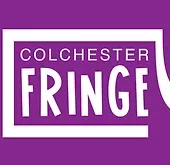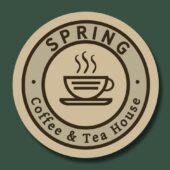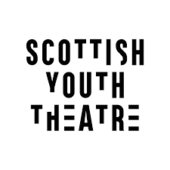Edinburgh Fringe 2025
Because You Never Asked
Roger White and Helen Simard

Genre: Dance, Experimental, Music, Physical Theatre
Venue: Summerhall
Festival: Edinburgh Fringe
Low Down
Chronicling a moment of intergenerational exchange. Based on discussions between creator Roger White and his grandmother, Marianna Clark, about a hidden life under the Nazi regime. Blending a haunting soundscape, featuring recorded conversations of grandmother and grandson, with evocative choreography that embodies memory. A cautionary tale highlighting the perils of anti-immigrant narratives, through stories that pivot between humour and darkness, documenting the slow march toward authoritarianism. A heartwarming reminder to honor the wisdom that came before us and hold on to the memory of those we cherish most. From the creators of 2023’s hit Papillon.
Review
An unusual pairing of memories and movement create an interesting and meaningful experience of lightness and darkness. The memories are based on Canadian Roger White’s conversations with his grandmother, Marianna Clark. He recorded their conversations, which are the foundation of this story. His grandmother, Marianna Clark had a hidden life under the Nazi regime. The recorded conversation continues via voiceover as four performers move in the space. They are wearing grey shirts and trousers and move individually around a tall metal structure centre stage.
Evocative music and the sound of a train with flashing red lights go by. The movement is contemporary and abstract in form choreographed by Helen Simard. Expressing memories in movement is a fascinating concept and Simard’s choices are visceral, singular, and at times incorporate grace of leg movement or gestures – and other times are angular, urgent and from deep inside the body. The combination of such quality of choreography and well trained performers is immediately compelling drawing the audience in to this intergenerational story through a conversation.
Occasionally a few words of the voice over are lost by the music level, especially when they are reminiscing about cherries. No doubt this will adjust over the run. The rapport between interviewer and interviewee is interesting with warm and witty provocations. Sections that have both music and movement are effective, evidencing that it’s easier to dedicate full focus of the viewer on two performance aspects instead of three, for longer periods of time.
The performers at first seem to be walking the land back and forth agitatedly as if captured in limited space. Original choreography and movement express parts of the conversation literally, such as when fighting and running, and more internally and freely for memories. “Would you like a piece of cake?” Clark asks grandson White, kindly. One of the performers tells us about recording facts to see how the war was spent by youth in 1942 in London. While her voice would benefit from more volume this is followed by beautifully emotive movement about Clark’s childhood friend Hans. The conversation moves to serious questions, about the Nazi regime. The juxtaposition of the genteel relationship of White and Clark with the switch to matter of fact descriptions is harrowing resulting in a fascinating piece that pushes and pulls – and provokes us into thinking of today’s times, our future, and thinking of our own history.























